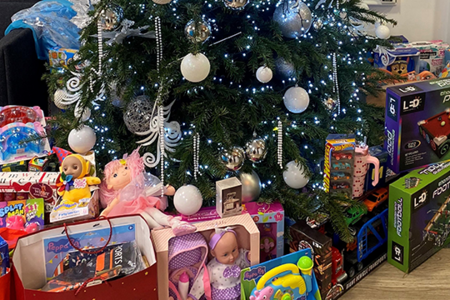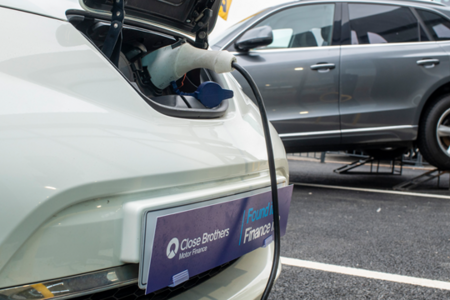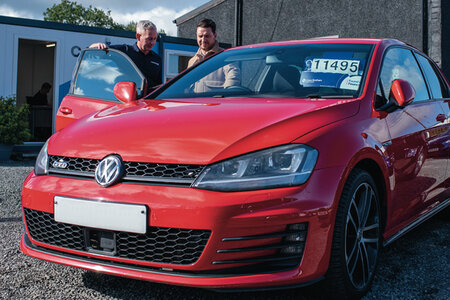Drivers are divided over the impact of introducing low and ultra-low emission zones in their nearby city, according to new research from The Britain Under the Bonnet report by Close Brothers Motor Finance.
Nearly half (46%) of drivers say they are in support of a low emission zone, with a fifth (18%) very supportive and 28% somewhat supportive. Whereas around a third (31%) of drivers are unsupportive of a low emission zone, with the same number of drivers, 18%, very unsupportive, and 13% somewhat so.
The Government is steadily rolling out low and ultra-low emission zones in cities across the UK in support of its ambitious environmental targets and forthcoming ban on petrol and diesel vehicles. While the pandemic has pushed back many of these rollouts, drivers have mixed views of how the policies will impact them.
It’s Gen Z that are leading the charge in support of low emission zones, with a massive 62% of 17-24-year-olds expressing support. This compares to just two fifths (40%) of 40-55-year olds and a third (34%) of over 55s.
When asked how they’d react were such a zone to be introduced, 36% of drivers said a ULEZ would stop them from going into the zone by car altogether. As well as reducing car travel, such measures would encourage a fifth (22%) of drivers to start using public transport more often, and almost one in ten (9%) would start car-sharing when it came to trips into the zone.
Just a fifth (20%) said there would be no implication for them, while 8% would sell their car and 11% would simply pay the charge each time.
Seán Kemple, Managing Director at Close Brothers Motor Finance commented: “The Government has ramped up measures to tackle climate change over the past year, setting ambitious green targets that require urgent change. Car dealers are directly affected by the new restrictions, as are motorists. Paying hefty charges for driving through certain areas is enough to deter many from travelling by car. While the younger generations are typically more associated with being environmentally conscious, older drivers may be more wary of costs and accessibility.
“But with a growing range of alternative fueled vehicles available, more drivers are opting for electric and hybrid cars to suit their lifestyle, which comes with the added benefit of congestion charge exemptions. Coupled with the pandemic causing a newfound reticence to use public transport, more people are likely to consider an AFV as their next car. It’s now down to the Government to support both dealers and consumers to make sure that nobody is left behind in the shift to electric. Developing infrastructure across the UK, as well as supporting dealers as they recover from the losses of Covid-19 and face potential further restrictions, will help boost the AFV market and further the UK’s greener goals.”












